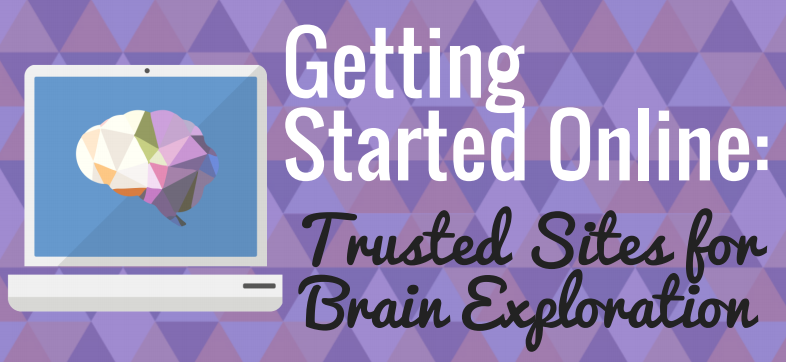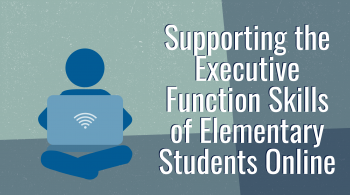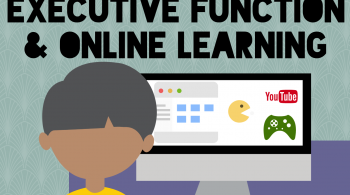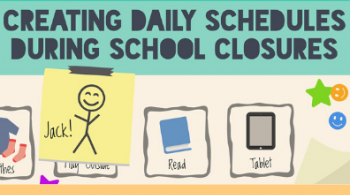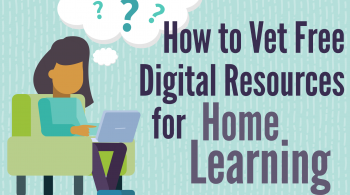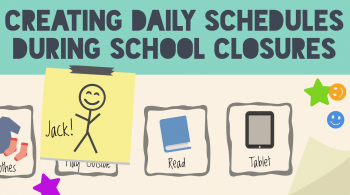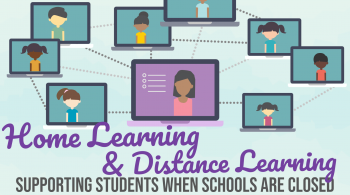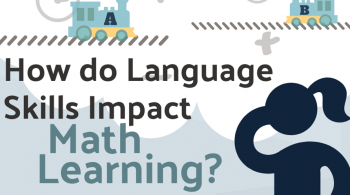By Lisa Carey
August 25, 2015
As education consultant for the Center for Innovation and Leadership in Special Education (CILSE) at Kennedy Krieger Institute, I spend a great deal of time talking to and getting feedback from teachers. From classroom management to Universal Design for Learning, I cover an array of topics with the teachers I work with, but most discussions can be boiled down to one singular question – how do we improve our teaching so that all students can learn?
Many teachers have set out on their own in search of answers to this question. Several years ago, I started to investigate “brain-based learning”. I figured, if most of my students have neurologically-based disabilities, learning more about the brain would probably be helpful to enhance my ability to effectively meet their specific learning needs. However, as I started to do my own research I realized that the internet is a vast place, and it can be difficult to separate fact from fiction. Luckily, I was able to pursue my interest in neuroscience at Kennedy Krieger Institute, a place where experts in neuroscience, development, psychology, education, behavior, and other topics have a large interest in translating their research to classroom practice. I discovered that I was correct in thinking that neuroscience held answers for how to be a better teacher.
Teachers are often not given credit for the copious amount of time spent educating themselves. If you are trying to learn more about the brain on your own, I’ve put together some trusted websites with verified resources and information:
Neuroanatomy:
It is hard to navigate through writing about the brain without having an understanding of basic neuroanatomy or visual supports. The Dana Foundation created a 3-D Brain application as well as a web-based site in which you can manipulate and learn about the different structures of the brain.
Just the Facts:
Learning should be fun, and at brainfacts.org, there is a plethora of information about the brain presented in short digestible segments that usually include fun facts and studies. I recommend surfing around the sight and clicking on whatever interests you. It’s a great way to start to familiarize yourself with what the brain can do.
Targeting Teachers:
http://www.dana.org/educators/
http://isites.harvard.edu/icb/icb.do?keyword=todd_rose&tabgroupid=icb.tabgroup161793
The Dana Foundation and Harvard’s School of Education have been hard at work translating the work of neuroscientists and packaging it to be applicable for teachers and the classroom. Check out their sites for some ideas of how knowledge about the brain can improve instructional practices.
Online Course Work:
https://www.learner.org/courses/neuroscience/
The Annenberg Foundation has free open online courses for educators on a variety of topics. They partnered with several neuroscientists and education researchers to create a course about neuroscience and education. Well-organized and filled with videos, graphics, and excellent explanations of educational implications for brain research, this website is a great place for teachers to obtain a comprehensive understanding of the connections between neuroscience and education. There is even an option for getting credit for the course!

